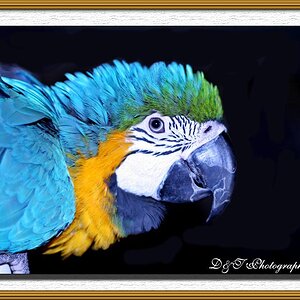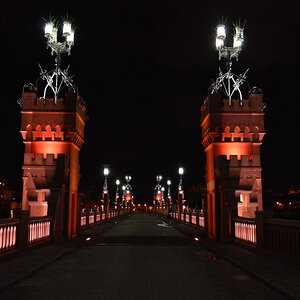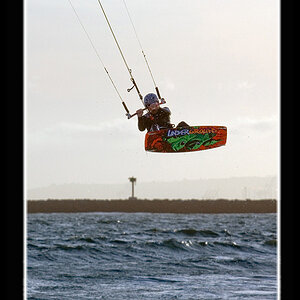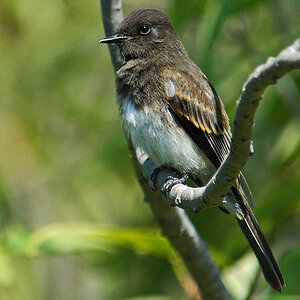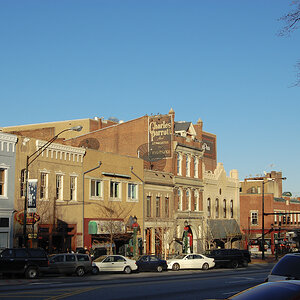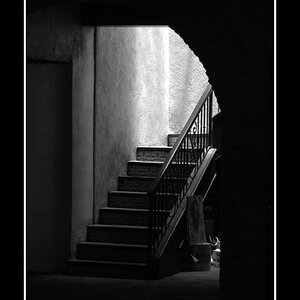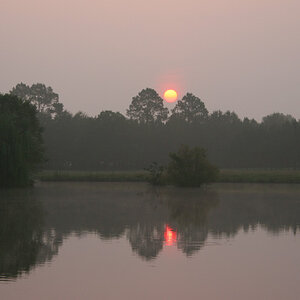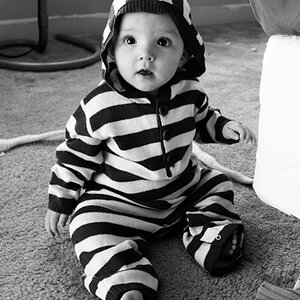spag_187
TPF Noob!
- Joined
- Feb 21, 2010
- Messages
- 16
- Reaction score
- 0
- Location
- Los Angeles
- Can others edit my Photos
- Photos OK to edit
My question is... Will a cheaper lens such as the EF-S 50-250mm IS have the same/similar zoom reach as the more expensive 200mm L models? I assume only the image quality will differ.
Thanks...
Thanks...


![[No title]](/data/xfmg/thumbnail/30/30870-c7febc7c14dc6447653c2ae2355ffc61.jpg?1619734488)
![[No title]](/data/xfmg/thumbnail/30/30873-79f4c5bc298110a994e9eed027728db8.jpg?1619734490)

